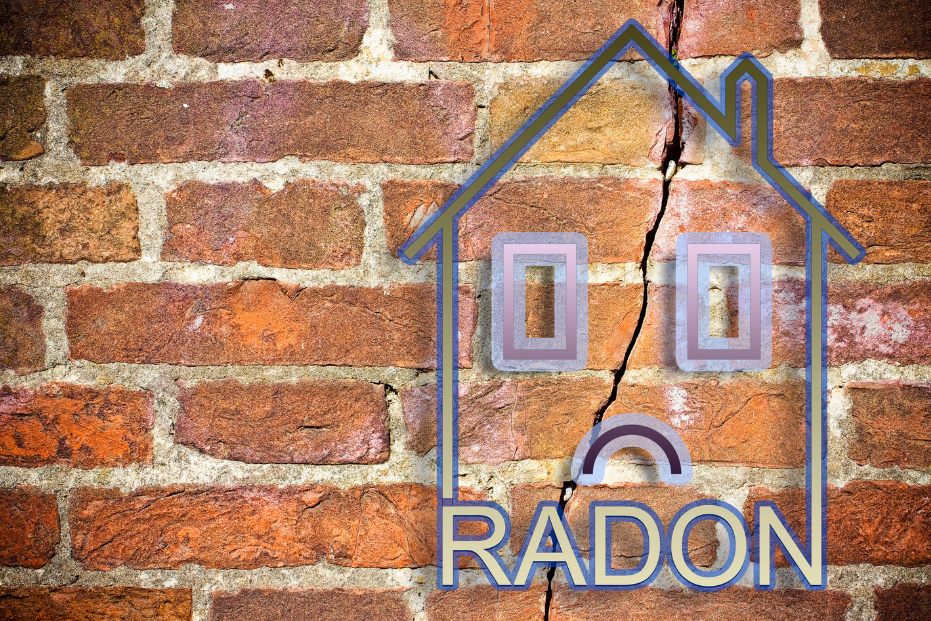
What is Radon?
Radon is a naturally occurring radioactive gas. Radon is produced when thorium, uranium & radium break down in soil, rock and water. The gas is then released in the air. Radon gas is odorless, tasteless and invisible. If ventilation is inadequate radon gas can accumulate.
Radon is the 2nd leading cause for lung cancer after smoking. Early signs and symptoms may include any of the following: persistent cough, coughing up blood, wheezing, shortness of breath, hoarseness, chest pain or frequent bought of bronchitis or pneumonia. You should see your doctor if you have any of these symptoms.
Radon is part of our environment and is usually not harmful.
Why you should have Radon Gas Test when buying a home?
The only way to know if a home has high levels of radon is to have a radon test. If radon gas test above 4 pCI/L then you should use mitigation techniques to reduce radon levels of gas. Houses with and without basements are at risk. A neighboring home could test completely different than your home.
There are 2 Types of Testing Methods:
Passive and Active radon testing devices can be used. You could order a radon test kit or hire a professional to perform the test.
Passive Devices
Passive tests include charcoal canisters, alpha-track detectors & charcoal liquid scintillation devices. These do not need power and are left in the home for a specified time. You then send to a laboratory for analysis.
Active Devices
Active Devices require power, measure & record radon in the air. They include continuous radon monitors. They can also detect whether or not the device has been moved during testing. Active Devices are typically more accurate and can be perform by certified/licensed residential radon measurement provider such as a home inspector or air quality professional.
Test generally take 48 to 96 hours depending on the device.
How to Test:
EPA recommends tests be performed on lowest level of home that is used for living space.
How to Reduce Radon Gas
Depending on the levels of radon gas it could be as simple as sealing all cracks, opening windows or covering the crawl space floor with plastic sheeting. You may need to install a radon vent fan. You should always consult a professional with recommendations for mitigation of radon gas.
Need More Information?
If you have questions about radon testing or are looking to buy a home in the Birmingham area, we would love to be of service! Please contact Dianna Howell with The Howell Group at 205-568-5435 or dianna.howell@kw.com
Learn more about radon testing in the links below:
https://www.thebalance.com/facts-about-radon-gas-testing-1797839
Or learn more about radon testing from a certified licensed professional.
You can search for homes in Alabama here: https://diannahowellrealtor.com/locations/shelby-county-al/pelham/
Download our FREE Homebuyers Guide: https://mailchi.mp/d0dba8656669/homebuyersguide
Read our 6 Steps to Buying a Home in Alabama Blog: https://diannahowellrealtor.com/buying/6-steps-to-buying-a-home-in-alabama/
Read our Tips for First Time Homebuyers Blog: https://diannahowellrealtor.com/buying/tips-for-first-time-homebuyers/


